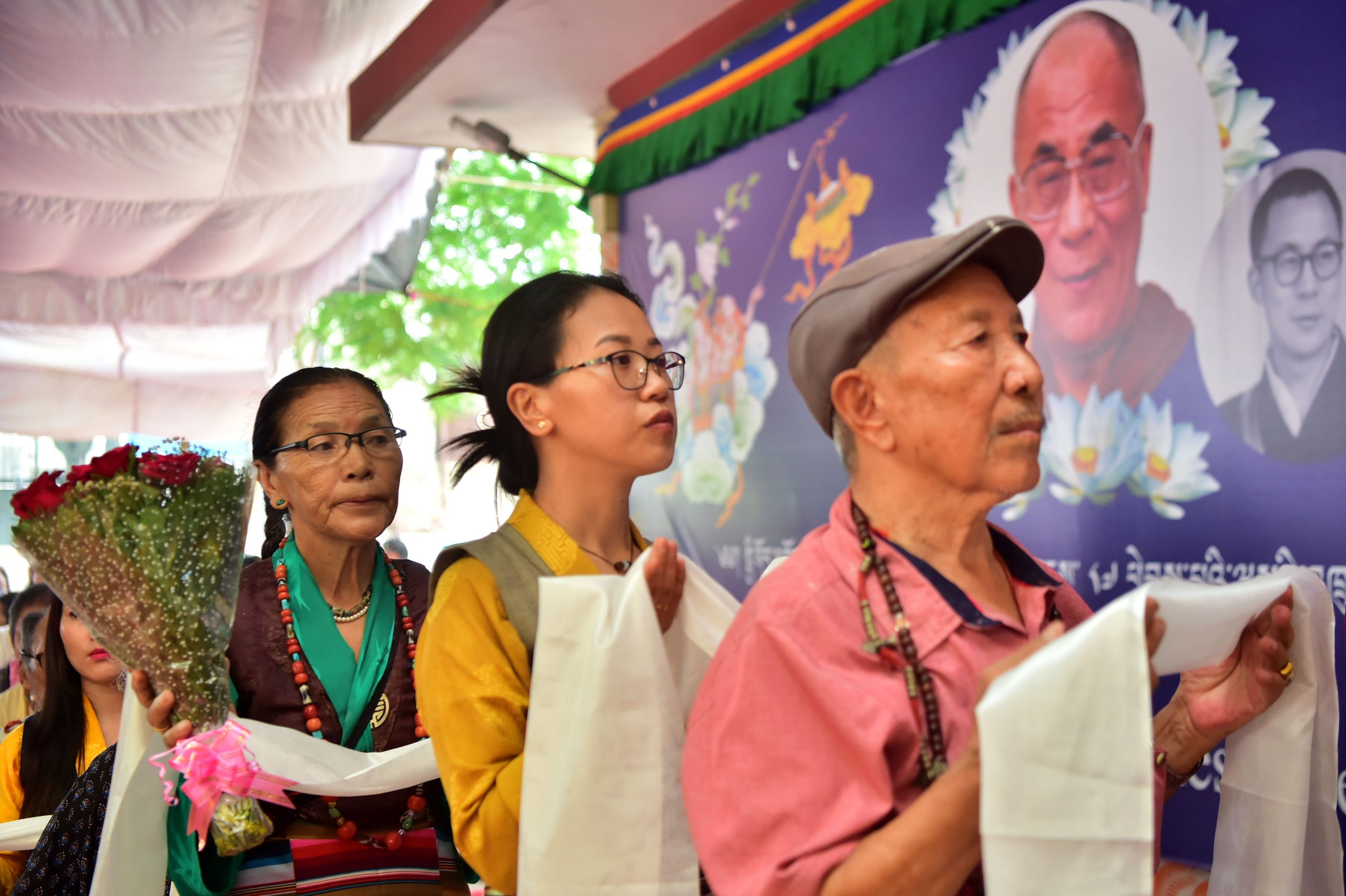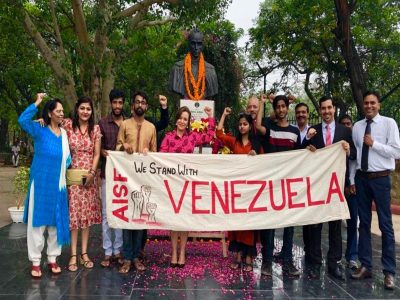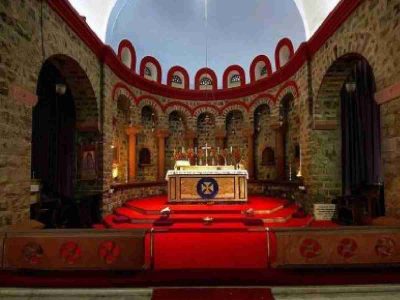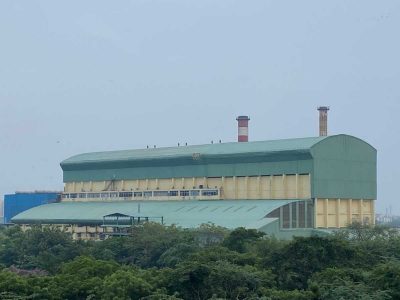Kochin Wu, 68, is hardly concerned about any political party or leader wooing him or his Chinese community in the ongoing Lok Sabha polls. Currently, he remains busy in scanning the election coverage at his Gurugram home.
Nevertheless, Wu, a Chinese-origin Indian who calls himself ‘Kanpuriya’ because he was born and raised in Kanpur (Uttar Pradesh), is concerned about the excessive focus on caste and religion in the campaign, which overshadows crucial issues like employment and inflation. He criticises the caste system’s influence on India’s progress.
Also read: Trilokpuri set to vote for regular, cleaner water supply
Son of a noted dentist of Kanpur, he did not follow the path of his father. Instead, he joined the corporate world and moved to the Millennium City a couple of years ago.
Wu will cast his vote for the Gurugram Lok Sabha constituency on May 25.
Not ready to reveal his preference for any particular party, he is keeping track of the promises BJP candidate Rao Inderjeet Singh and his Congress rival and Bollywood actor, Raj Babbar are making to their voters.
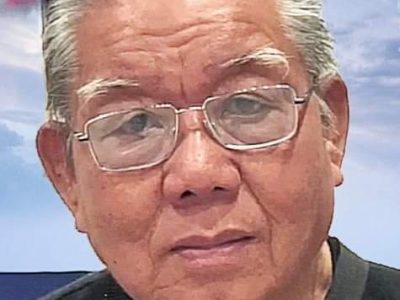
Wu remains sceptical about the possibility of foreign-born Indians or Indian-born Chinese gaining representation in the Indian parliament.
“It is an unfortunate situation that while we celebrate the success of Indians across the world, Indian society is not ready to give bigger space to people like us,” he says.
Tashkent, Shastri and West Delhi seat
If Wu is annoyed with political parties for invoking caste factors in their campaigns all the time, Anastasia Singh Chawla’s case is different.
She hails from Uzbekistan’s capital, Tashkent, where former Prime Minister Lal Bahadur Shastri died in mysterious circumstances on February 11, 1966.
Anastasia moved to Delhi after marrying businessman Balwant Singh Chawla. In Delhi, she learnt Hindi and Punjabi in the company of her husband’s family. She is deeply interested in astrology and yoga, which she credits to her life in India.

While she observes the campaigns, she is of the view that political parties are not giving enough importance to hygiene and health.
“I thought that hygiene and health issues should be part of the larger discourse of Lok Sabha polls,” she says.
Her house is part of the West Delhi Lok Sabha seat that is witnessing fierce contest between Mahabal Mishra of AAP and Kamaljeet Sehrawat of BJP.
Her husband Chawla says, “My wife, Anastasia, discusses the political scene of India with me often. She feels bad that political parties do not make promises to keep their cities clean and pollution free.”
Chawla was Delhi badminton champion in the 1970s and played the sport with Prakash Padukone.
Chinese vote bank in Delhi
George Chiu, a second-generation Chinese-Indian, is a true Dilliwala. He was born in Delhi, and runs a shoe showroom in Connaught Place.
Chiu takes a fair amount of interest in Lok Sabha elections, although he doesn’t disclose his political leanings. He highlights the lack of political outreach towards the Chinese community in Delhi, unlike in Kolkata, where the Chinese community is considered a vote bank.
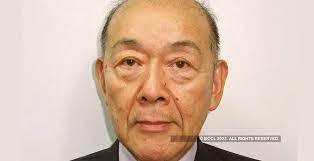
Chiu believes that while numerous immigrants have settled in India over the years, the concept of “vote bank” doesn’t apply to them, considering their limited presence in the overall political landscape.
He cast his vote at the polling station at Modern School, Barakhamba Road, as always.
“I think I cast my vote for the first time in the 1977 Lok Sabha polls. Since then, I have been casting my vote at the same polling station,” informs Chiu.
Replying to a question related to the 1962 Sino-Indian war, Chiu says, “I still remember that after a couple of days of close surveillance of our family, Delhi Police cops in civilian dress came to my father and said, ‘You are a proud Indian even though you are of Chinese origin. We have observed you during the last couple of days of our duty’. We are proud Indians though it is a fact that our ancestors came here from China.”
According to Chiu, “Almost all Delhi-NCR based people of Chinese origin hail from Canton province in south China. They came to India in the early part of last century. They came to Kolkata and then migrated to other parts of the country for livelihood. They are into the business of making shoes. Some are also dental surgeons, while some others are in service.”
There is a large number of people of foreign origin who are either born here or have come here and embraced India.
Parents or forefathers of some of them came here and adopted India.
The likes of Chiu and Wu do not face any discrimination in India as they themselves admit. They are like any other Indian citizen. According to one estimate, India has more than two lakh people of foreign origin with voting rights. Many of them also cast their votes in Assembly and Lok Sabha elections. It is a different matter that after Sonia Gandhi refused to accept the Prime Minister’s post, one does not find any person of foreign origin who is likely to even become MLA, MP or Minister.
Japanese tryst with LS polls
Katsu Saan, an 86-year-old Japanese woman who has lived in India for over six decades, will also cast her vote on May 25 in Delhi.
A devout Buddhist, who came to India to study Buddhism, she speaks fluent Hindi and strongly believes in India’s bright future.
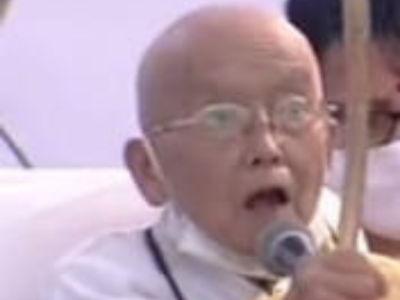
She emphasises the importance of honest and responsible leaders who prioritise the well-being of the country and its citizens. She also believes in India’s unique spiritual identity and its inclusive nature, where all religions are respected.
Katsu Saan has witnessed various Lok Sabha elections and been a regular presence at the interfaith prayer meetings at Raj Ghat and Birla House, reading from Buddhist scriptures. She took Indian citizenship more than three decades ago.
Closely associated with a Buddha temple in the Capital, Kats Sana says, “I hope any party which takes over the reins of the Government post Lok Sabha elections would serve the interests of the people. They ought to be sensitive towards our people. I only hope that the new Government would not leave any stone unturned to eradicate poverty and injustice. That is the least I expect from it.”
Buzz in bastion of Tibetans
There is a buzz of Lok Sabha polls even at the Tibetan Basti at Majnu Ka Tila as the large Tibetan community would also cast their vote for the Chandni Chowk constituency. Sitting in his home close to ISBT, Dorji, a second-generation Tibetan in India, said that the Government of India had issued a directive before 2019 Lok Sabha polls that all Tibetans born in India would be eligible to vote.
There are thousands of Tibetans in Delhi, Himachal Pradesh and other parts of the country. A young Tibetan woman, who does not wish to be identified, says that while many India-born Tibetans have taken Indian citizenship and have been casting their votes in various elections, those who came from Tibet with the Dalai Lama are still hopeful that one day they would return to Tibet. Therefore, they have not applied for Indian citizenship.

